I’m sure everyone has been shocked and pained at the recent spate of demises due to sudden heart attacks. None of the said people such as well-known comedian Late Raju Shrivastav or young cricketer Late Avi Barot, were known to be unfit. Take the example of Bengal’s own dada – Saurav Ganguly, who had to undergo multiple cardiac procedures for stenting. His illness came as a complete bolt from the blue to the community.
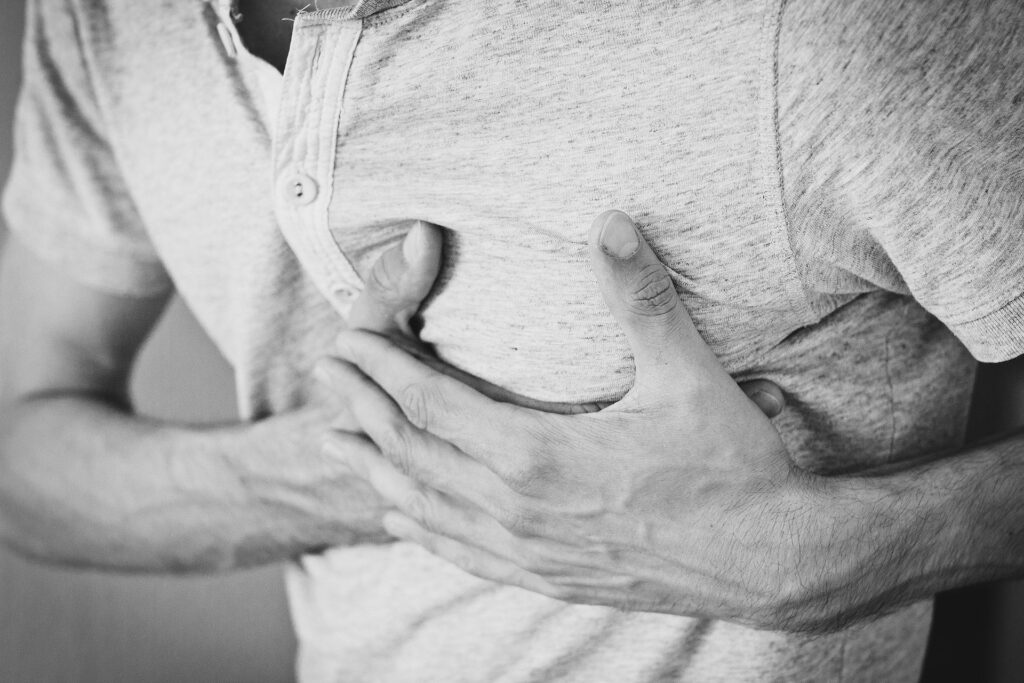
Witnessing these scary events has naturally led us to questions such as ‘Can cardiac arrests happen to anyone at any age?’ or ‘How can we ensure better heart health for ourselves and our families?’ or ‘Does exercise not protect us from heart attacks?’ On World Heart Day, we at Care Continuum decided to answer five very pertinent questions, which may someday save someone’s life. After all, Cardiovascular Health should be accessible to everyone and we can do a lot to protect ourselves from such cardiac events.
How can young people have heart attacks?
Well, it is generally unlikely for young people to suffer from any sudden cardiac ailments (other than lovelorn hearts maybe!) because coronary artery disease which causes 80% or more of sudden cardiac deaths, only begins to affect our bodies when we are older. However, in the current day and age, limited physical effort is causing even young children to be obese and many often start smoking in their teenage years. Fast food, sedentary lifestyles and lack of medical monitoring with the assumption that all youngsters not having any symptoms are healthy, causes a silent progression of fatty deposits in the heart’s blood supply system. As the disease progresses stealthily, any physical exertion can trigger chest pain or sudden cardiac arrest depending on the extent of the blockage.
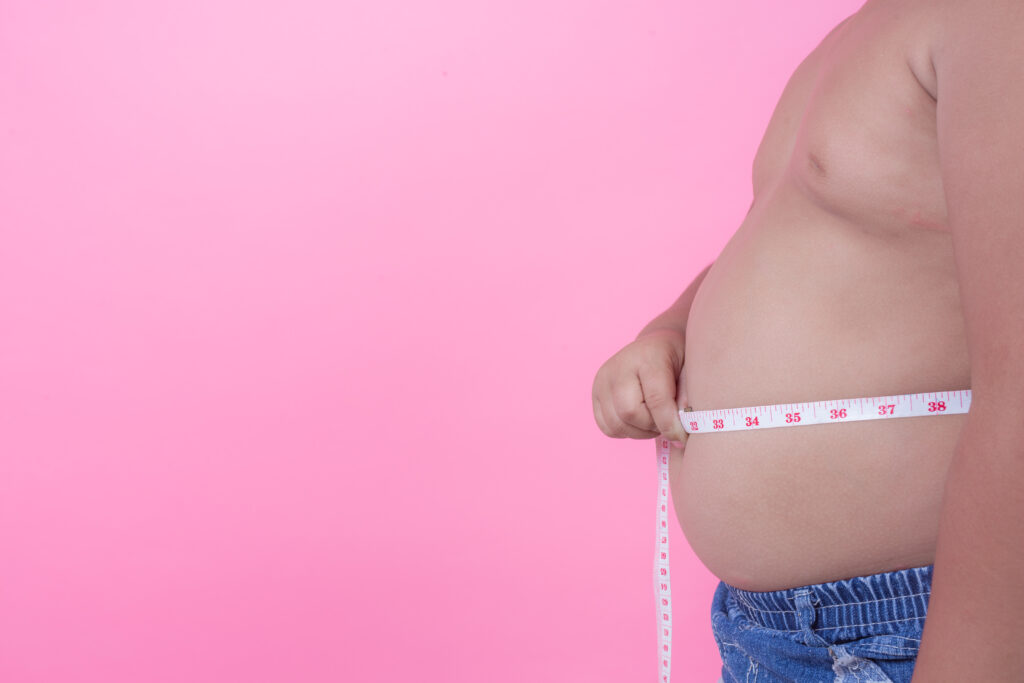
Hence, the role of physical fitness and a good diet cannot be emphasised enough for youngsters. Parents take utmost care of their children when they are infants and complete all their vaccinations and attend all their school meets but somewhere along the way, they lose their focus on their children’s regular health reviews even when they know that the child is having too much fast food or carbonated beverages.
Some sportspersons too are having sudden cardiac events. They lead a healthy lifestyle. So why is it happening to them?
Indeed it is true that when we hear of sportspeople having cardiac events, it seems to negate all the lifestyle issues that are apparently related to poor heart health. So what exactly is happening in such cases? Well, first and foremost, we need to understand that some people are more prone to heart disease due to their family traits such as diabetes, high blood pressure, high cholesterol and other less common issues such as blood clotting problems. If such people lead a healthy lifestyle (such as participating in sports), then they are actually delaying the effects of such illnesses passed down to them through their genes but they cannot completely avoid the bad effects. They often need to be more careful so that they can seek medical attention early should they need it.
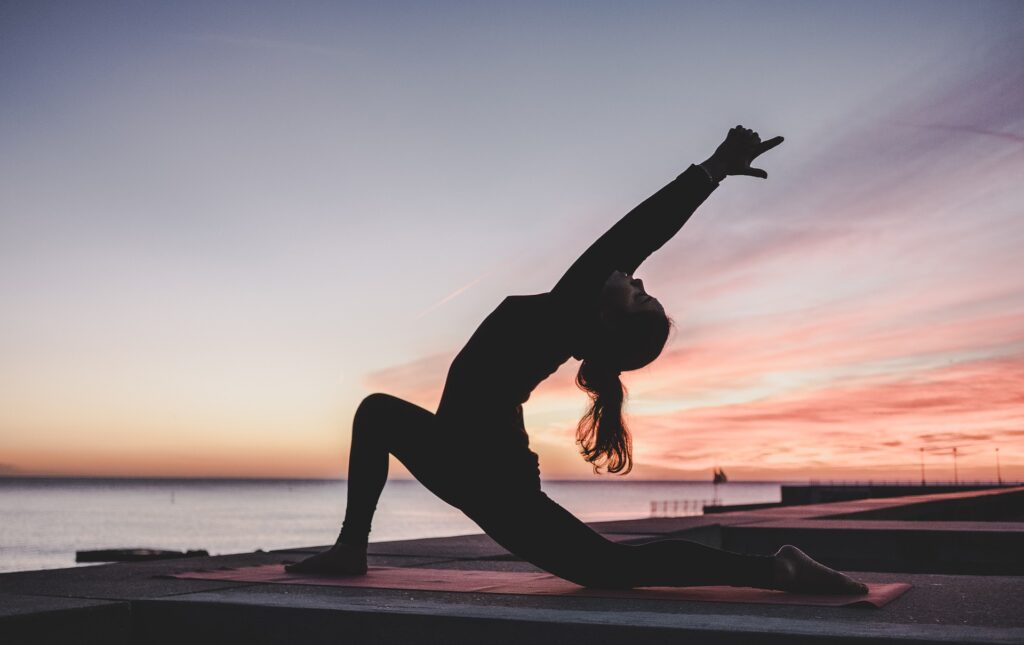
Often, very young people are not required to undergo complete cardiac check-ups because they perform well in the screening tests. Thus, any congenital (birth defect) or familial problems may be missed. Substance abuse during training (both legal and illegal) has long been a controversial issue in sports. It is well known that drugs such as methamphetamines and its derivatives or steroids damage the heart and can cause severe cardiac dysfunction. Hence, there is much more than just diet and physical exercise that are important to maintain a healthy heart.

Often ‘retired’ sportspeople give up their fitness regimen and then are exposed to an equal risk of cardiac illness as are non-sportspersons.
What should we do if someone is having a sudden cardiac arrest?
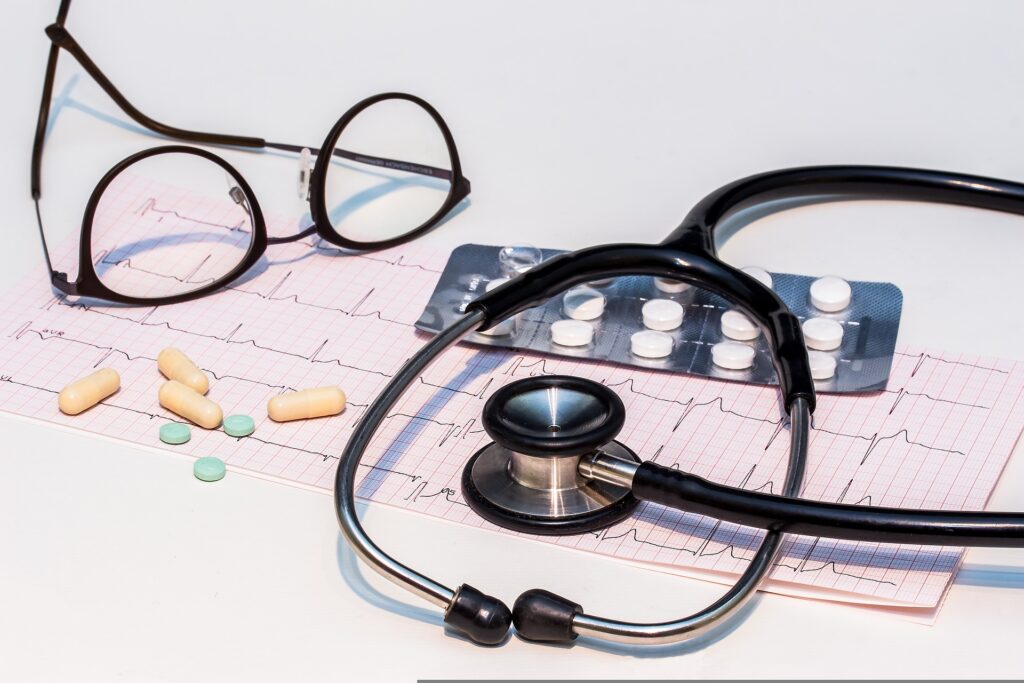
It is very disturbing to see anyone collapse suddenly in a public area and to not know what to do next. Fortunately, there is a lot you can do, even if you can’t diagnose what exactly is wrong with the person. Here are some basic steps.
- Ask any crowds gathering to maintain distance from the person so that sufficient ventilation is available.
- Ask someone to immediately call an emergency team from the nearest healthcare facility or community helpline no.
- Try to wake the person who has collapsed by loudly calling out to her / him and tap him gently to check for response.
- Check for breathing (place your hand under the nose and above the mouth) and heart beat – put your ear to the chest.
- If no heartbeat and no breathing is present, put the person straight on her/his back with head tilted backwards and then follow the steps as shown in the video below.
Remember, knowing CPR might save a family member or friend someday!
How can we safeguard ourselves and our families from heart attacks?
Prevention is indeed the best cure when it comes to matters of the heart!
- Check for any pre-existing abnormal health conditions such as high blood pressure, high blood sugar, and high cholesterol which can pre-dispose to coronary artery disease. If any or all are present, regular medicines must be taken to keep these well under control.
- Regular Diet and exercise which balance out the calorie intake daily is recommended. The body needs different levels of energy for different levels of exertion and therefore, having balanced meals with proper protein, carbohydrate and fat content and matching the current energy needs of our bodies goes a long way in preventing build-up of fat stores and thus, preventing heart disease.
- Electrolyte imbalances and certain other toxins / chemicals can cause electrical disturbances of the heart leading to what we call abnormal rhythms or arrhythmias. Some people are predisposed to such, having heart muscle or conduction defects from birth. Signs of such disorders such as fainting, palpitations etc. should never be ignored. Proper investigations and diagnosis can go a long way in avoiding sudden disasters. There are a large number of remedies available now which can keep patients absolutely well.
- Regular monitoring of lifestyle and annual health check-ups ensure that any new problems are identified and addressed early.
- Strict avoidance of substances which worsen the heart’s function such as smoking and alcohol. Drug & Substance abuse affect the heart directly and indirectly, and the damage is mostly irreversible.
How do we take care of someone who has had a heart attack?
Indeed, having a cardiac arrest and surviving it feels like getting a second life. The patients have gone through an excruciating time in terms of pain and other symptoms, and are traumatised and confused regarding their contribution to the event. It’s important to reassure them that a complete and good recovery is often possible with the right lifestyle changes. Managing the mood, morale and motivation of the patient is key to having good outcomes.
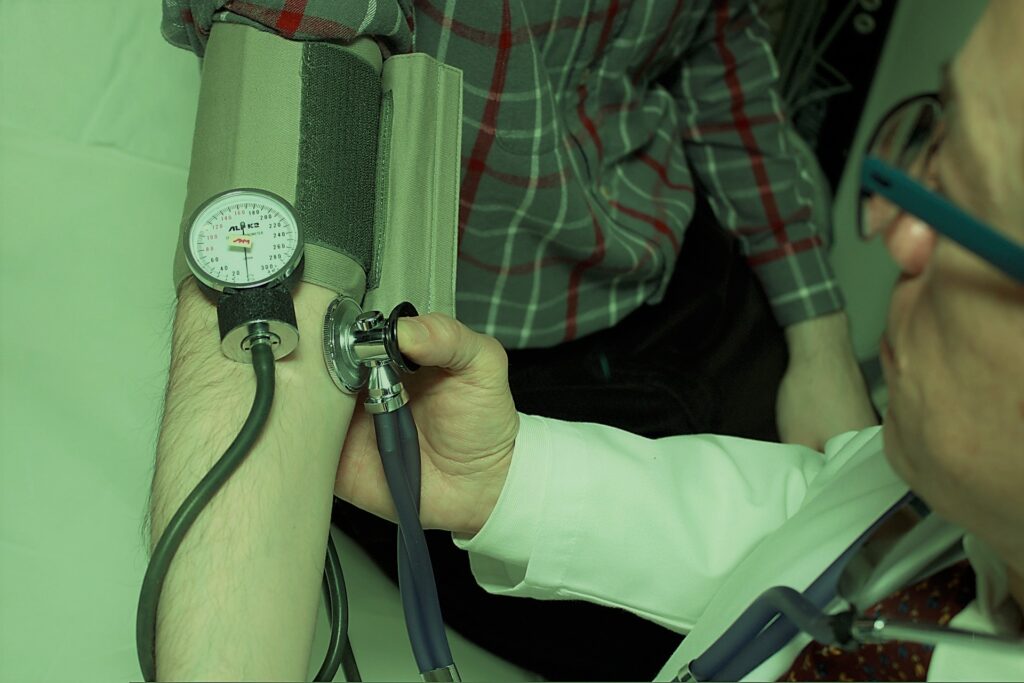
Apart from all the measures mentioned in preventing cardiac events, which all patients need to follow strictly, proper guided chest physiotherapy and strength training are crucial for returning to everyday life. For patients who have undergone Open Heart Surgery, it is essential to ensure a clean environment for proper wound healing and building up their immune system through the right combination of medicines and supportive therapy with the help of a trained multidisciplinary team at home. For patients with stents, regular blood tests at home can help detect any signs of bleeding or complications early and adjust therapy accordingly.
So, on this Word Heart Day, let us join hands to pledge ourselves some healthy, happy hearts!
Dr Soma Bhattacharjee
Director, Care Continuum
Ex- Hospital Superintendent – B M Birla Heart Research Centre, Kolkata
